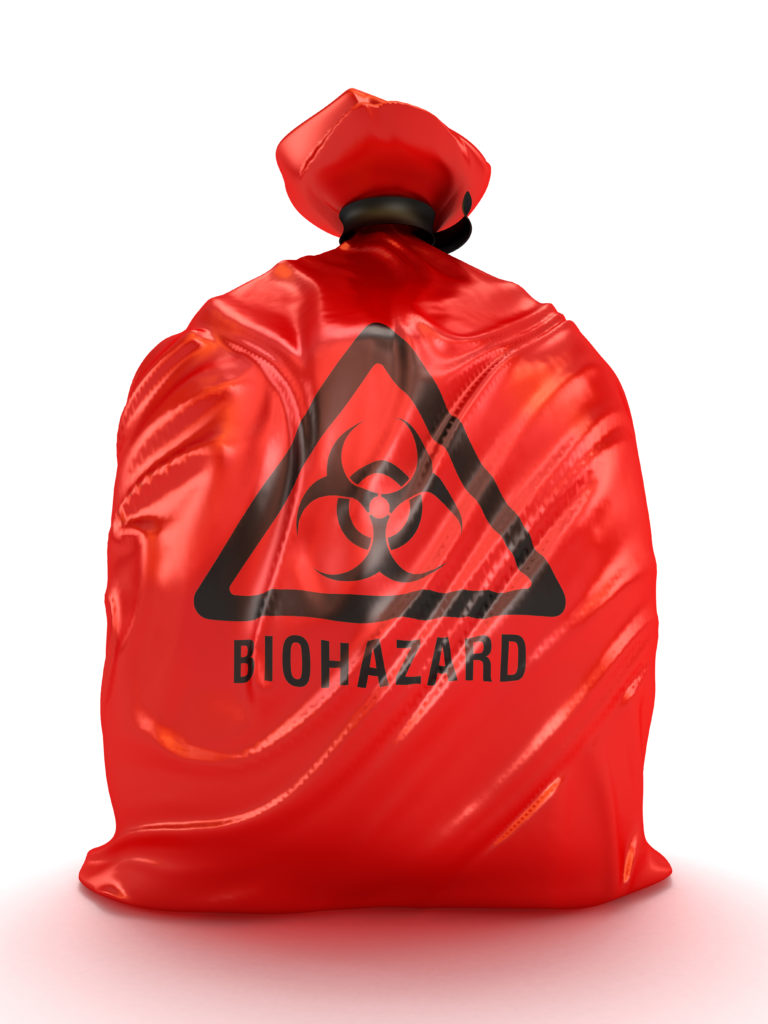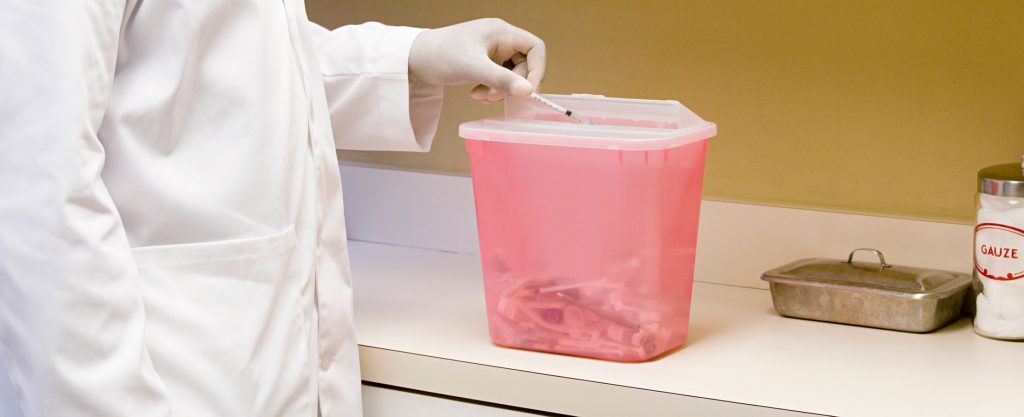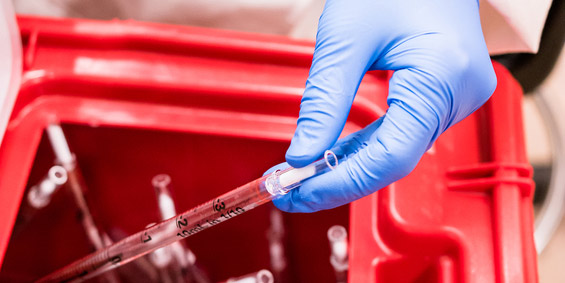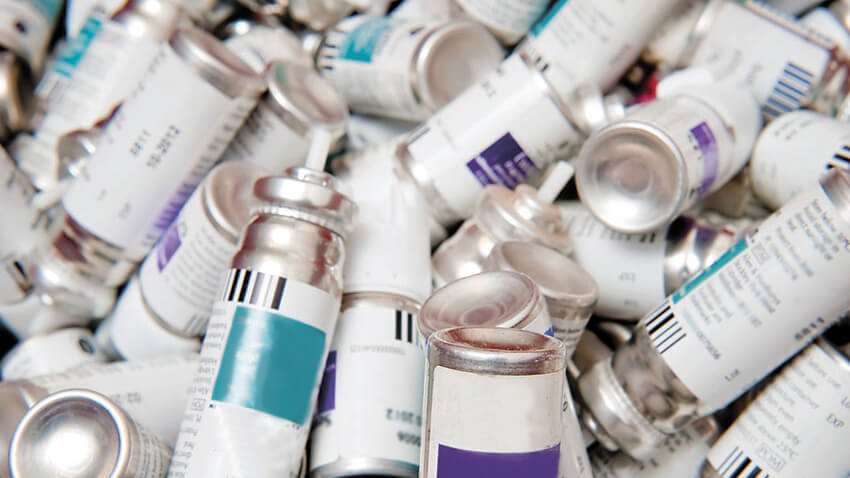Medical Waste
Improper Medical Waste Packaging: What You Need To Know
What are some of the improper ways that facilities can be caught red-handed when it comes to medical waste packaging? Medical waste packaging and labeling is the responsibility of the waste-generating facility itself. Packaging includes sharps containers, biohazard containers, red bags, and reusable containers. Failure to comply with safe containment is not only an environmental…
Read MoreColorado Medical Waste Requirements
A peek at Colorado medical waste requirements. Colorado’s medical waste disposal regulations and requirements are managed by the Colorado Department of Public Health and Environment (CDPHE). The aim of these requirements are the same as all other states: to reduce medical waste and to protect the environment from infectious disease. For healthcare facilities and other…
Read MoreTo Flush or Not to Flush? Pharmacy & Medication Disposal at Home
While the FDA has and still recommends flushing certain medications depending on the state, this isn’t the best course of action for medication disposal. Here’s why. Because medicines are commonly found in medicine cabinets, on top of dressers, in kitchen cabinets, and in other accessible locations, it is important to take stock of the drugs…
Read MoreCalifornia Medical Waste Requirements
A look at California medical waste management. To protect the public and the environment from potentially infectious disease, the state of California has implemented the Medical Waste Management Program as part of the Environmental Management Branch. This agency regulates the generation, handling, storage, treatment, and disposal of medical waste by providing oversight for the implementation…
Read MoreStandards for Mailing Sharps Waste
The United States Postal Service requires anyone mailing sharps waste to use USPS-approved packaging. Here’s what that means. Packaging and transporting medical waste is under strict regulation and enforcement. Any facility that produces medical waste, whether it’s health care facilities, waste haulers, treatment and disposal companies, medical spas, and/or laboratories, must have a system in…
Read MoreArkansas Medical Waste Requirements
A peek at the regulations and requirements for medical waste disposal in the state of Arkansas. Arkansas’ medical waste disposal regulations and requirements are managed by the Arkansas Department of Health. The basic premise of these regulations are the same as anywhere else: the state says that medical waste shall be managed in a way…
Read MoreNational Blood Donor Month: Medical Waste Management at the Blood Bank
It’s National Blood Donor Month! Did you know that blood banks are required to follow a stringent set of rules when it comes to collecting, storing, and removing blood from their facilities? Read on to learn more about safe blood bank medical waste management. Did you know that National Blood Donor Month has been observed…
Read MoreHow Should You Dispose of Unused, Old, or Expired Inhalers?
How can patients safely dispose of a spent or expired inhaler? The answer largely depends on the medication in the inhaler and your local disposal regulations. There are many patients who rely on inhaled medication to control and treat a myriad of pulmonary diseases. An inhaler is a medical device used for delivering this type…
Read MoreAlaska Medical Waste Requirements
Medical waste disposal is regulated by the federal and state government. Here’s what happens in Alaska. There are several key categories of waste that are typically classified as ‘regulated’. Each category typically has special handling requirements that are usually state-specific. In Alaska, medical waste disposal regulations are managed by the Alaska Department of Environmental Conservation.…
Read MoreDo I Need An OSHA Certification?
In facilities that produce and store medical waste, employees may be required to have an OSHA certification. In an environment with dangerous hazards such as sharps waste and other regulated medical waste, proper training for handling and disposal is necessary to prevent the spread of infection. Medical waste is primarily regulated by state environmental and…
Read MoreAlabama Medical Waste Requirements
Medical waste disposal is regulated by federal and state government. Here’s what happens in Alabama. Medical waste or biohazardous wastes are more dangerous than household waste. Medical waste items contain bodily fluids, tissues, and sharps that possess pathogens that can cause disease. Regulations regarding medical waste disposal are in the hands of federal and state…
Read MoreBetter Medical Waste Management Resolutions
Here’s how medical waste producers can resolve to have a solid plan for optimal safety and regulation. With the new year upon us, it’s a good time for medical waste producers to reevaluate their areas and come up with safer, more effective processes for medical waste removal. For busy laboratories, medical offices, medical spas, tattoo…
Read More





